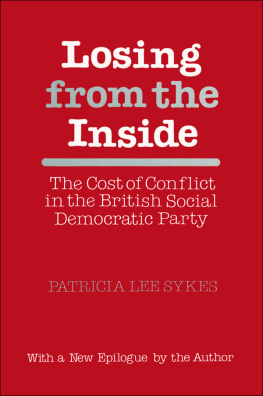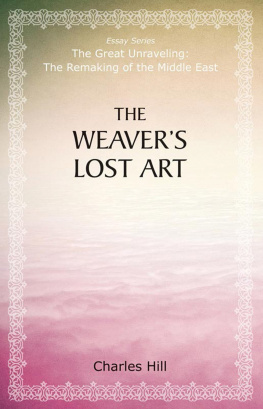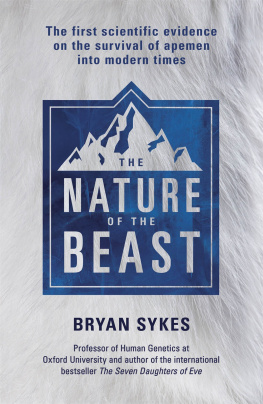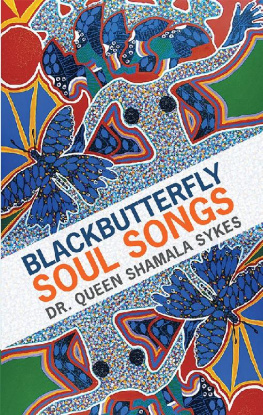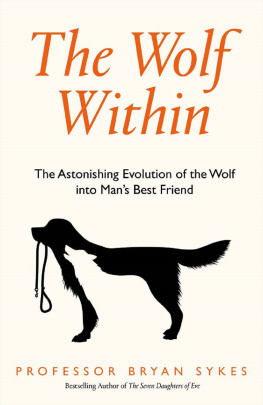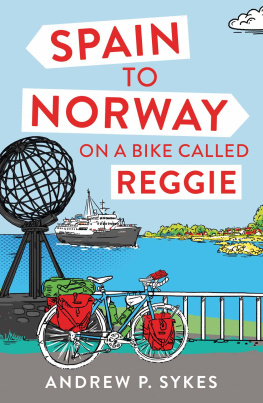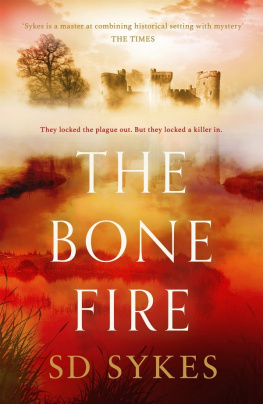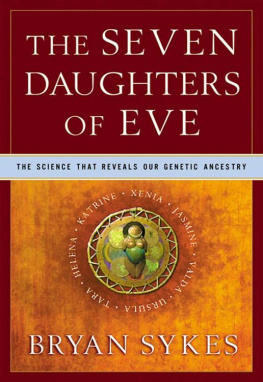Charles J. Sykes - How the Right Lost Its Mind
Here you can read online Charles J. Sykes - How the Right Lost Its Mind full text of the book (entire story) in english for free. Download pdf and epub, get meaning, cover and reviews about this ebook. publisher: St. Martins Publishing Group, genre: Politics. Description of the work, (preface) as well as reviews are available. Best literature library LitArk.com created for fans of good reading and offers a wide selection of genres:
Romance novel
Science fiction
Adventure
Detective
Science
History
Home and family
Prose
Art
Politics
Computer
Non-fiction
Religion
Business
Children
Humor
Choose a favorite category and find really read worthwhile books. Enjoy immersion in the world of imagination, feel the emotions of the characters or learn something new for yourself, make an fascinating discovery.

- Book:How the Right Lost Its Mind
- Author:
- Publisher:St. Martins Publishing Group
- Genre:
- Rating:3 / 5
- Favourites:Add to favourites
- Your mark:
- 60
- 1
- 2
- 3
- 4
- 5
How the Right Lost Its Mind: summary, description and annotation
We offer to read an annotation, description, summary or preface (depends on what the author of the book "How the Right Lost Its Mind" wrote himself). If you haven't found the necessary information about the book — write in the comments, we will try to find it.
How the Right Lost Its Mind — read online for free the complete book (whole text) full work
Below is the text of the book, divided by pages. System saving the place of the last page read, allows you to conveniently read the book "How the Right Lost Its Mind" online for free, without having to search again every time where you left off. Put a bookmark, and you can go to the page where you finished reading at any time.
Font size:
Interval:
Bookmark:
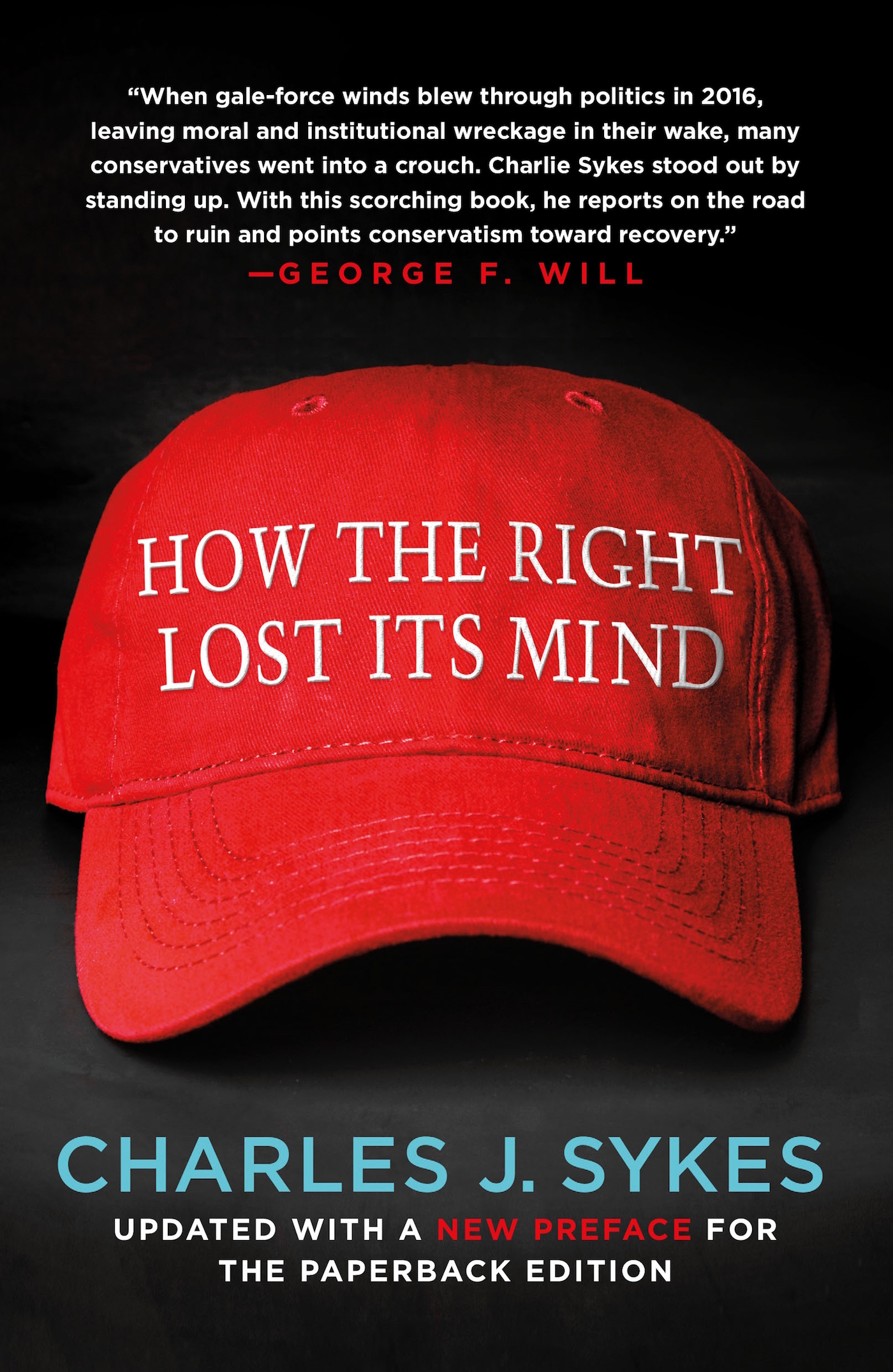

The author and publisher have provided this e-book to you for your personal use only. You may not make this e-book publicly available in any way. Copyright infringement is against the law. If you believe the copy of this e-book you are reading infringes on the authors copyright, please notify the publisher at: us.macmillanusa.com/piracy.
For my father, Jay G. Sykes, curmudgeon, contrarian, and mentor
[Back] of all political institutions there are moral and philosophical concepts, implicit or defined. Our political economy and our high-energy industry run on large, general principles, on ideasnot by day-to-day guess work, expedients and improvisations. Ideas have to go into exchange to become or remain operative; and the medium of such exchange is the printed word.
PUBLISHERS STATEMENT, IN THE FIRST ISSUE OF NATIONAL REVIEW (NOVEMBER 1955)
Conservatism must, however, be wiped clean of the parasitic cant that defaces it, and repels so many of those who approach it inquiringly. Up against the faith of a conservative, the great surrealistic ideologies reduce to dust.
WILLIAM F. BUCKLEY, UP FROM LIBERALISM (1959)
Im going to be honest with you, Im not a reader. I dont like to read long books. I like to read news. So I couldnt tell you that there was a book that I read that changed my life. More so, I love to read news and I love to read commentary and I love to watch TV. I love to watch news. Im a watcher and Im a writer. A reader in the sense that I like to read news but I have a very short attention span, so sitting down with a book is very difficult for me.
TOMI LAHREN (2016)
I told them, you know, its really funny to me to see the splodey heads keep sploding over this movement.
SARAH PALIN (2016)
THIS IS NOT A book about Donald Trump, even though he will play a central role. It is about the culture and mind-set of a Republican party and a conservative movement that enabled him, capitulated to him, and embraced him, probably much to his own surprise. His nomination and election profoundly changed the face of conservativism, but also revealed the tectonic shifts that had already broken conservatism apart.
It is also a painful book for me to write.
It will be painful not just because it will recount the dissolution of the conservative coalition, but also the betrayal of conservative principles by so many of the trusted leaders, spokesmen, and champions of the Right. This includes the implosion of conservative media, many of whose leading voices turned from gatekeepers to cheerleaders and from thought leaders to sycophantic propagandists. Most painful of all has been the recognition that some of the Lefts critiques, while often unfair and overdrawn, were also often far more on target than many of us ever wished to admit.
But somehow a movement based on ideas had devolved into a new tribalism that valued neither principle nor truth; a Brave New Age that replaced Edmund Burke and William F. Buckley Jr. with Ann Coulter and Milo Yiannopoulos. Moral reasoning was supplanted by polls; ideas were elbowed aside by charlatans and media clowns; while ratings spikes were proof that one was not out of touch. The gleeful rejection of established norms of civility, tradition, and basic decency played well in an era of reality television, but was the antithesis of what conservatism had once represented.
Unfortunately, the election results will surely fill the worst elements on the Right with passionate intensity.
I cannot pretend that I was not part of this story, and not merely for my attempts to construct a firewall of sorts against the march of Trumpism. For a quarter of a century I was part of this conservative movement, both as an observer and as a full participant. Like a number of other conservatives, including talk show hosts, I have to step back and ask uncomfortable questions. Theres no point in mincing words: for me 2016 was a brutal, disorienting, disillusioning slog. There came a moment when I realized that conservatives had created an alternative reality bubble and that I had perhaps helped shape it. Somewhere along the line much of the echo chamber turned on the very principles that had once animated it, replacing ideas of freedom, limited government, and constitutionalism with a crude populist nativism that fed into the Rights media zeitgeist.
Sometimes movements or organizations can only be understood from the inside, because only an insider can provide a sense of perspective and motivation or translate the language and the nuance, separating dog whistles from core principles.
But there are also times when it takes an outsider to recognize the essential lunacy of a political cause or strategy; the guy in the room who will raise his hand and say, This is foolish. The power of groupthink to coalesce around awful ideas in closed meetings is well understood, but the process is magnified in a political movement that creates its own silos. Participants often simply do not understand how silly they look from the outside. As someone who had a front row seat for years, but now finds himself exiled from what the conservative movement has become, I hope to straddle those perspectives and be able to look at what has happened as both an insider and an outsider.
Inevitably, this book will also ask whether many of the Lefts critiques of conservative rhetoriccharges we have rejected for decadesmight not have had a grain of truth. Did wedid Icontribute to this prairie fire of bigotry and xenophobia that seemed to grip so many on the Right? How did the elites miss the signs of division that turned to schism that became a veritable civil war? Did we play with fire, only to see it spread out of control? Did we really make Donald Trump? Or is he a merely a cartoonish bizzaro version of conservative values?
In other words, did Trump represent continuity or discontinuity? Was he a logical development in conservativism, or a radical, ominous break with that tradition? Or was it a combination of both?
First a confession: When I set out to write this book, I was prepared to argue that Trumps victory was a black swan event, a hostile takeover of the conservative movement. But that position no longer seems tenable; the roots for the populist/nationalist putsch run too deep.
Another obvious question is whether the sweeping successes of Republicans in 2016 essentially refute my argument that the Right has indeed lost its mind or render this book irrelevant. Actually, I would argue that the 2016 victory makes the need for a reassessment even more urgent. After Trumps defeat of Hillary Clinton, the Democrats need to perform an autopsy; Republicans need an exorcism.
Such is our worship of success and power that we assume that an election triumph wipes away a multitude of sins; instead, it magnifies them. Problems that were exposed during the rough-and-tumble of the campaign are unlikely to disappear when the tribe assumes all of the trappings and perks of power. History seems rich with examples: Success does not necessarily imply virtue or even sanity. One can lose ones mind and still achieve the imperial purple. Kings can be both mad and bad, and the courtiers are usually loath to point out the obvious.
The problems of the Right are no longer a crisis of a political faction or a theoretical conundrum to be hashed over by its pundits. They are now a national problem with potentially sweeping consequences.
Font size:
Interval:
Bookmark:
Similar books «How the Right Lost Its Mind»
Look at similar books to How the Right Lost Its Mind. We have selected literature similar in name and meaning in the hope of providing readers with more options to find new, interesting, not yet read works.
Discussion, reviews of the book How the Right Lost Its Mind and just readers' own opinions. Leave your comments, write what you think about the work, its meaning or the main characters. Specify what exactly you liked and what you didn't like, and why you think so.


